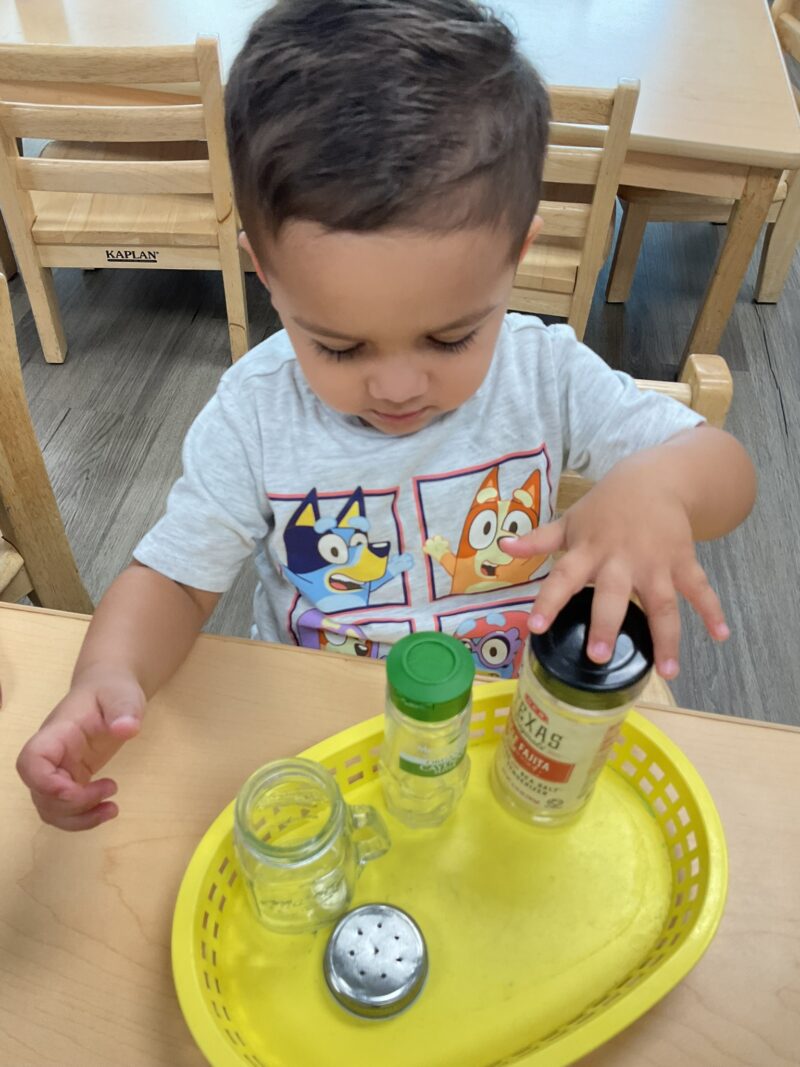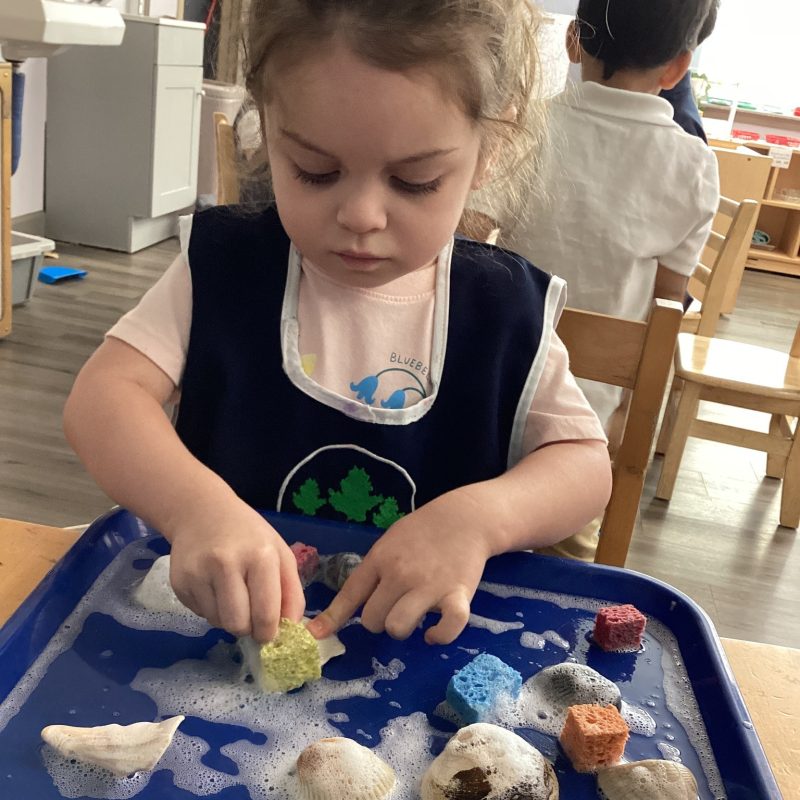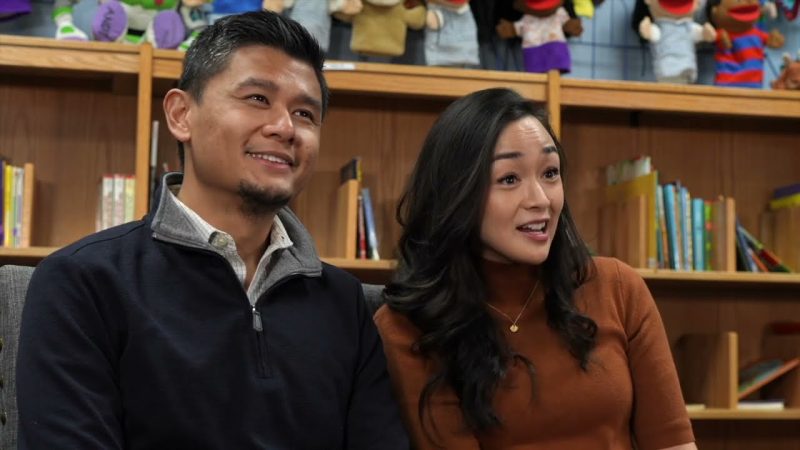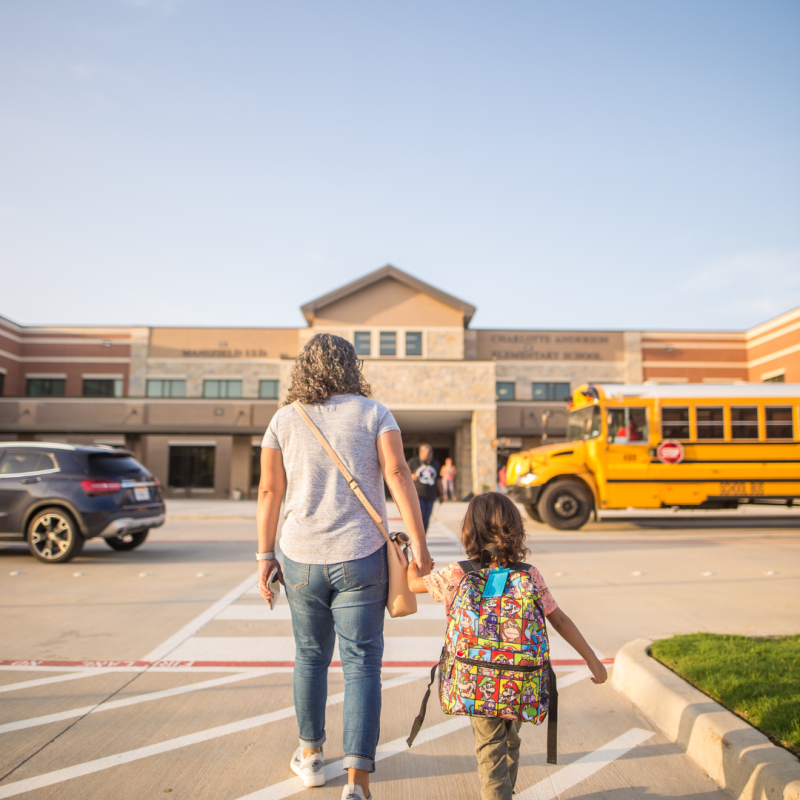At Excelled Montessori, the early years matter most—they shape how children learn, explore, and build confidence for life. Ask a room of researchers, pediatricians, and teachers when childhood matters most, and you’ll hear the same answer: the early years. Birth to age five isn’t just a sweet stage—it’s the most formative period in your child’s life.
At Excelled Montessori, we take that seriously. And we’ve designed everything we do around it.
Why Early Childhood Isn’t “Just Play”
By the time your child turns five, their brain is 90% developed. The wiring for memory, language, emotional regulation, and problem-solving—most of it’s already built. That means these years aren’t warm-up. They’re prime time.
This doesn’t mean stuffing kids with worksheets. It means giving them the right environment to build real-life skills:
- How to focus
- How to make decisions
- How to try again when something’s hard
That’s what real school readiness looks like.
What Excelled Does Differently
When you walk into an Excelled Montessori classroom, here’s what you won’t see: clutter, chaos, or kids stuck in long group lessons.
Instead, you’ll notice:
- Calm, purposeful movement
- Children choosing their own work
- Teachers guiding quietly, not lecturing
Everything is intentional. Shelves are low so children can access materials themselves. Work is hands-on and real. Pouring water. Cutting vegetables. Matching letter sounds to pictures. It looks simple, but it builds executive function, focus, and independence.
And that’s not an accident. We’ve designed it that way—because we know every moment counts.
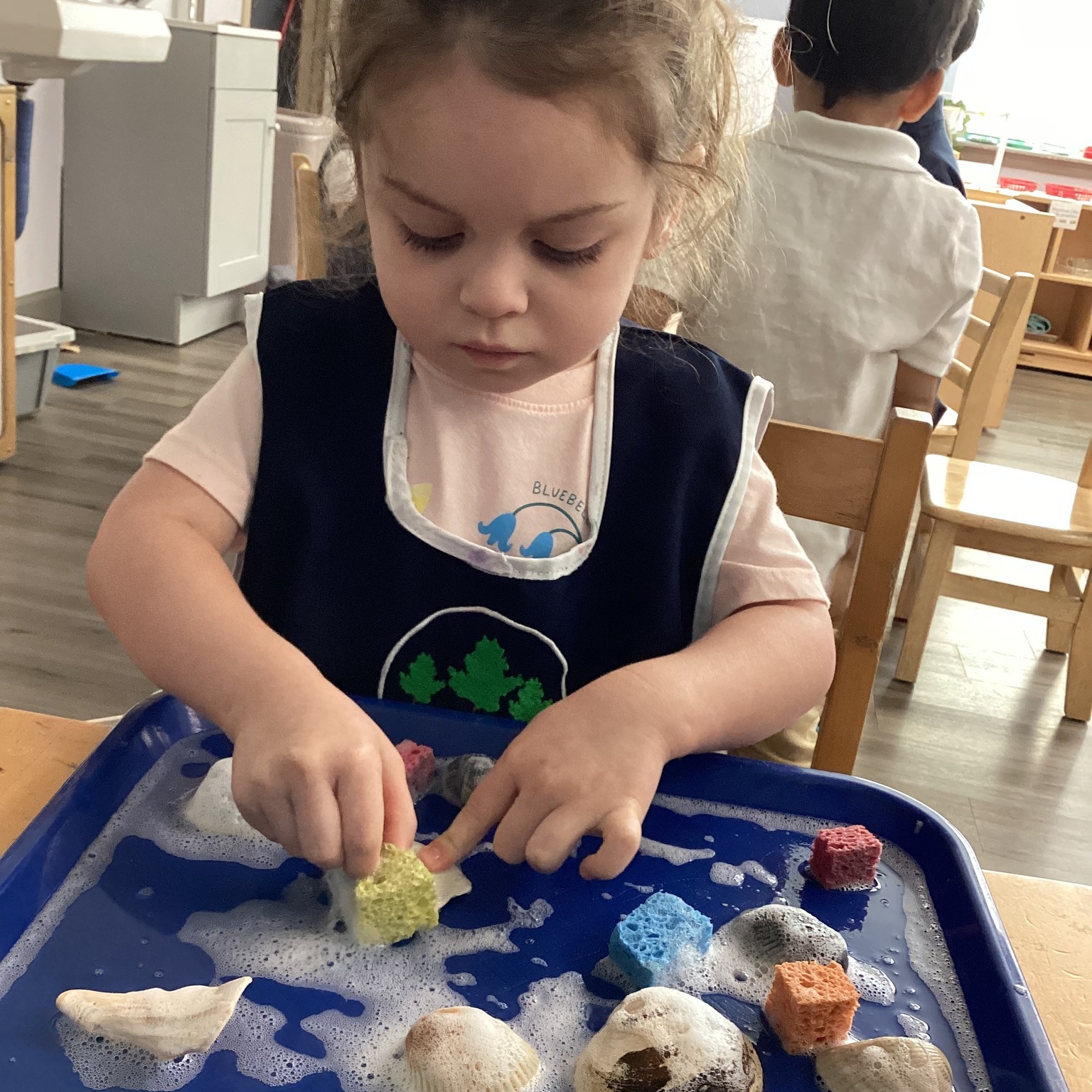
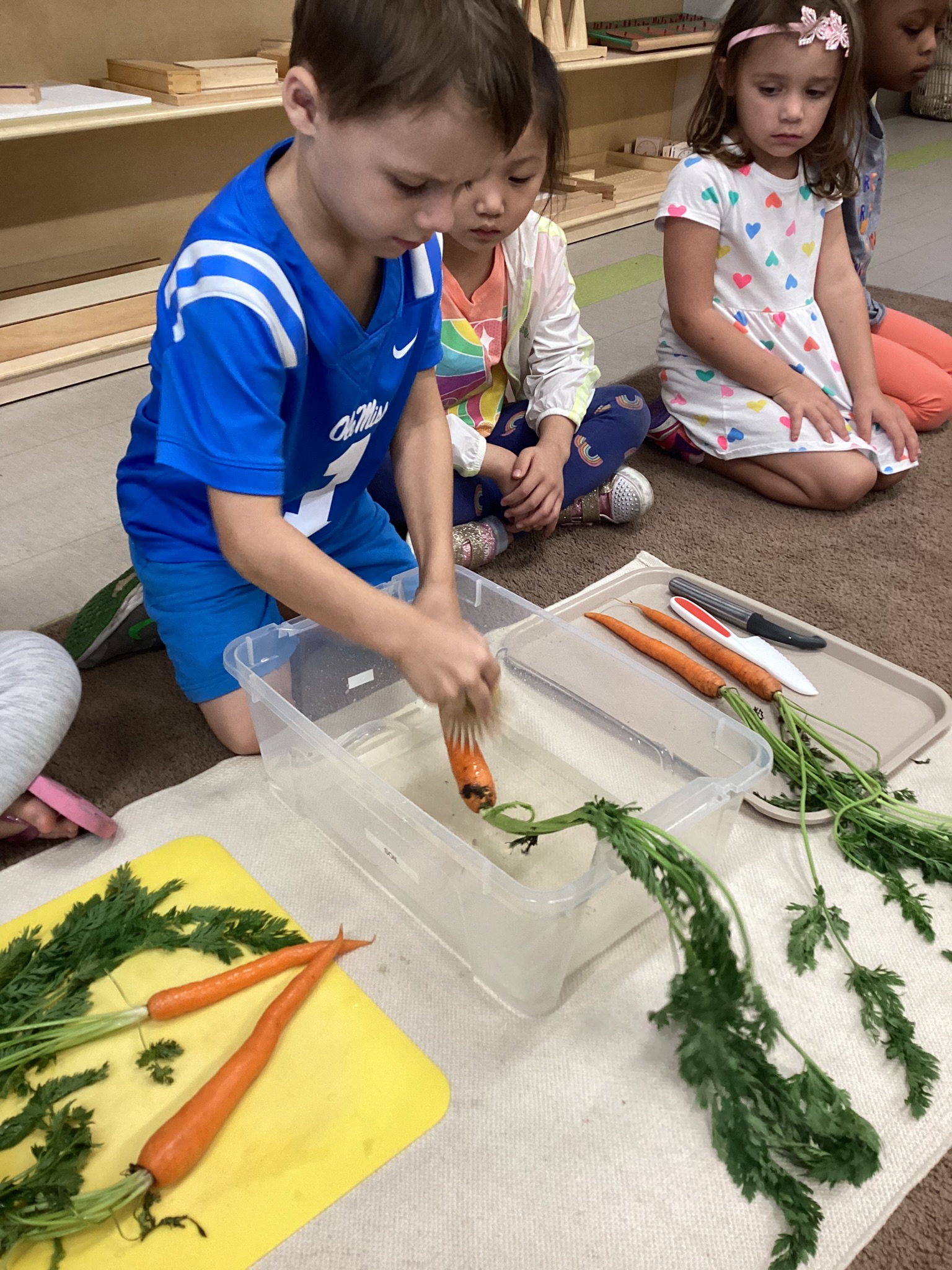
A Day in a Preschooler’s Life—Done Right
Here’s what a day at Excelled might look like:
- Children arrive and settle into work they choose
- Teachers check in one-on-one or in small groups
- Later, there’s outdoor time: not just slides and trikes, but risky play, problem-solving, and social dynamics
- In between: Spanish and English language exposure, STEM and music classes, shared meals, nap time
Every activity has a purpose. And none of it feels rushed.
What We Hope Every Child Leaves With
We want children to leave Excelled knowing how to read and count, yes. But more than that, we want them to leave with:
- Confidence
- Curiosity
- The ability to make decisions
- The self-control to manage frustration
- The empathy to be kind
These are the qualities that last—long after the preschool years.
And it starts by treating the early years like what they are: not a warm-up, but the main event.


